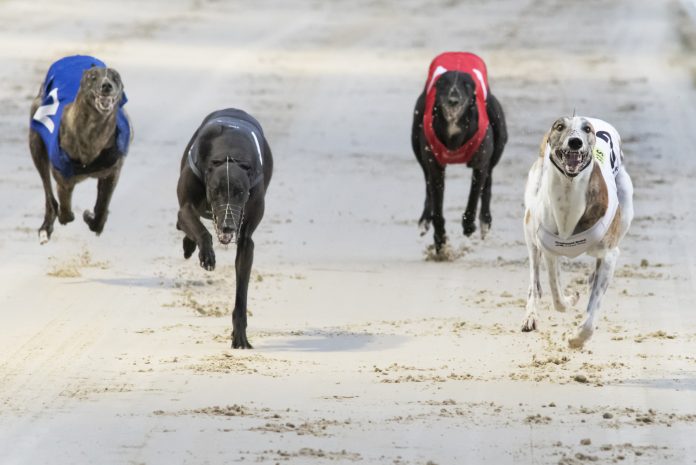The Greyhound Board of Great Britain (GBGB) has announced that it will increase the levels of funding available to cover the treatment costs of career-ending injuries, following a review of its Injury Recovery Scheme (IRS), launched as part of the Greyhound Commitment.
The new levels of funding, which are available for applications received since 1 June 2021, will help owners and trainers cover the costs of more expensive treatments.
A grant of 50%, up to a maximum of £400 per greyhound, will be available for any career-ending injury that requires remedial veterinary treatment, whilst there will be a grant of 50%, up to a maximum of £1,000 per greyhound, for a career-ending hock injury that requires specialist surgery.
Furthermore, a grant of 50%, up to a maximum of £2,000 per greyhound, will be made available for a career-ending long bone injury that requires specialist surgery.
Duncan Gibson, GBGB Welfare and Integrity Services Manager, explained: “Whilst the current level of funding was sufficient for the majority of career-ending injuries, there are some injuries that require more intricate and expensive veterinary treatments.
“This increased funding will ensure more greyhounds receive the treatment they need so they can go on to enjoy their retirements.”
Grants will be payable to the applicant upon completion of an IRS application form and the production of a fully paid veterinary invoice Racecourses that currently provide their own injury recovery scheme may apply for IRS funding on behalf of their owner or trainer.
“We have been pleased with the impact of the IRS and know that further investment will go a long way to supporting trainers and owners cover the cost of more complex and costly veterinary procedures,” noted Mark Bird, GBGB Managing Director. “The Board was therefore unanimous in its support to improve the level of IRS funding available.
“We know that with the right treatment and care, these greyhounds can go on to live long, happy and fulfilled lives as pets. We are hopeful that this increased funding will help further facilitate this outcome for more greyhounds.”

























